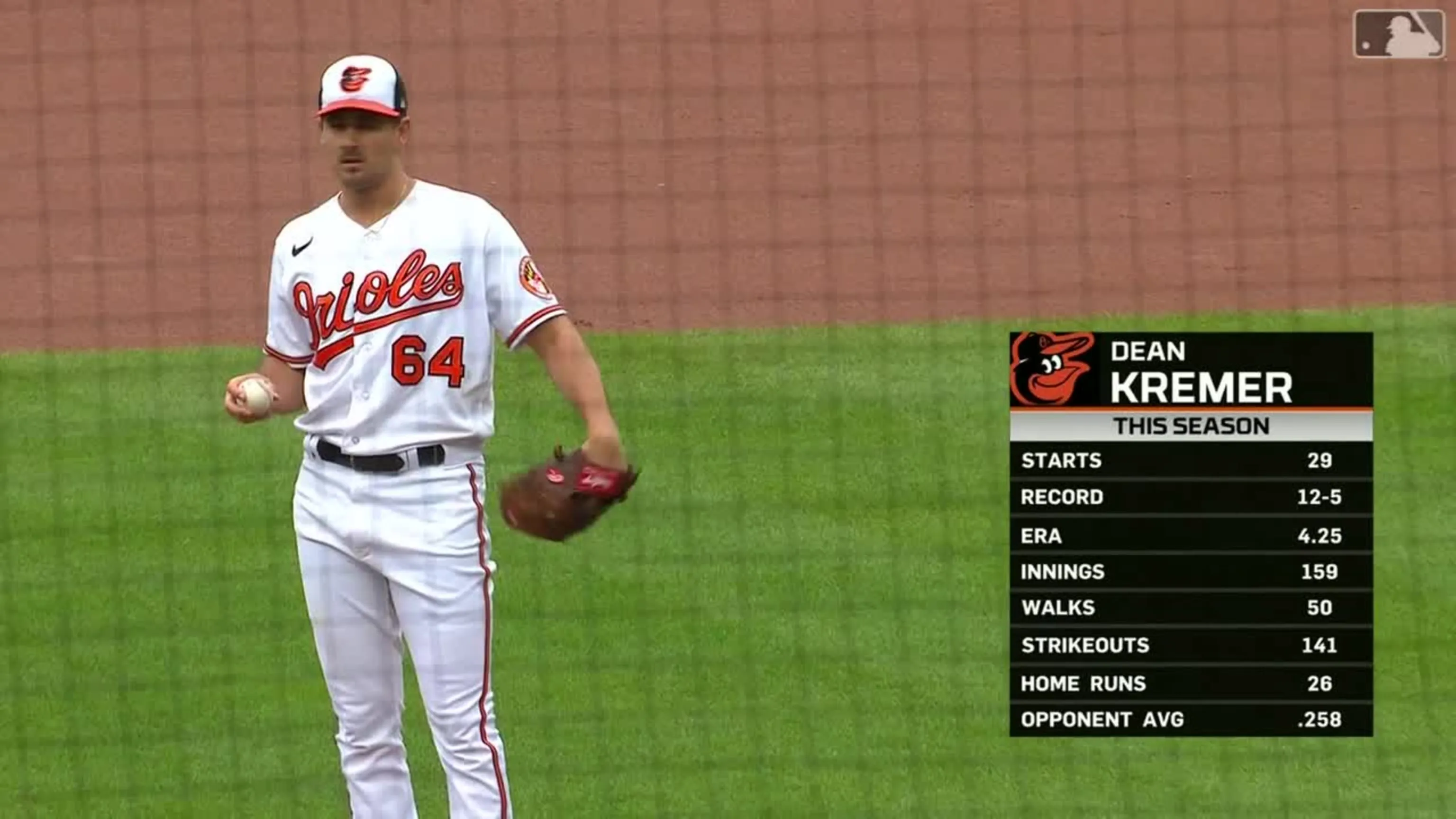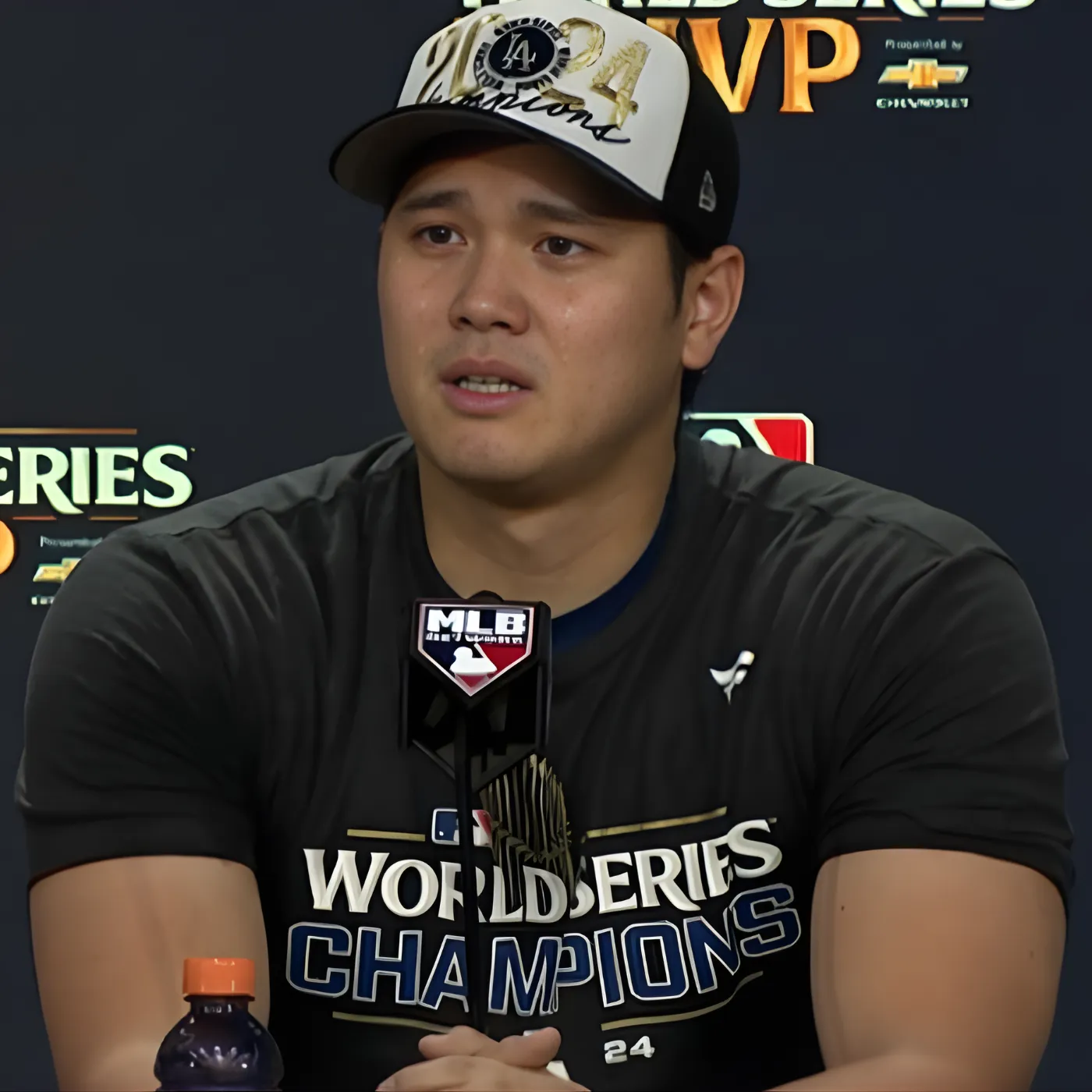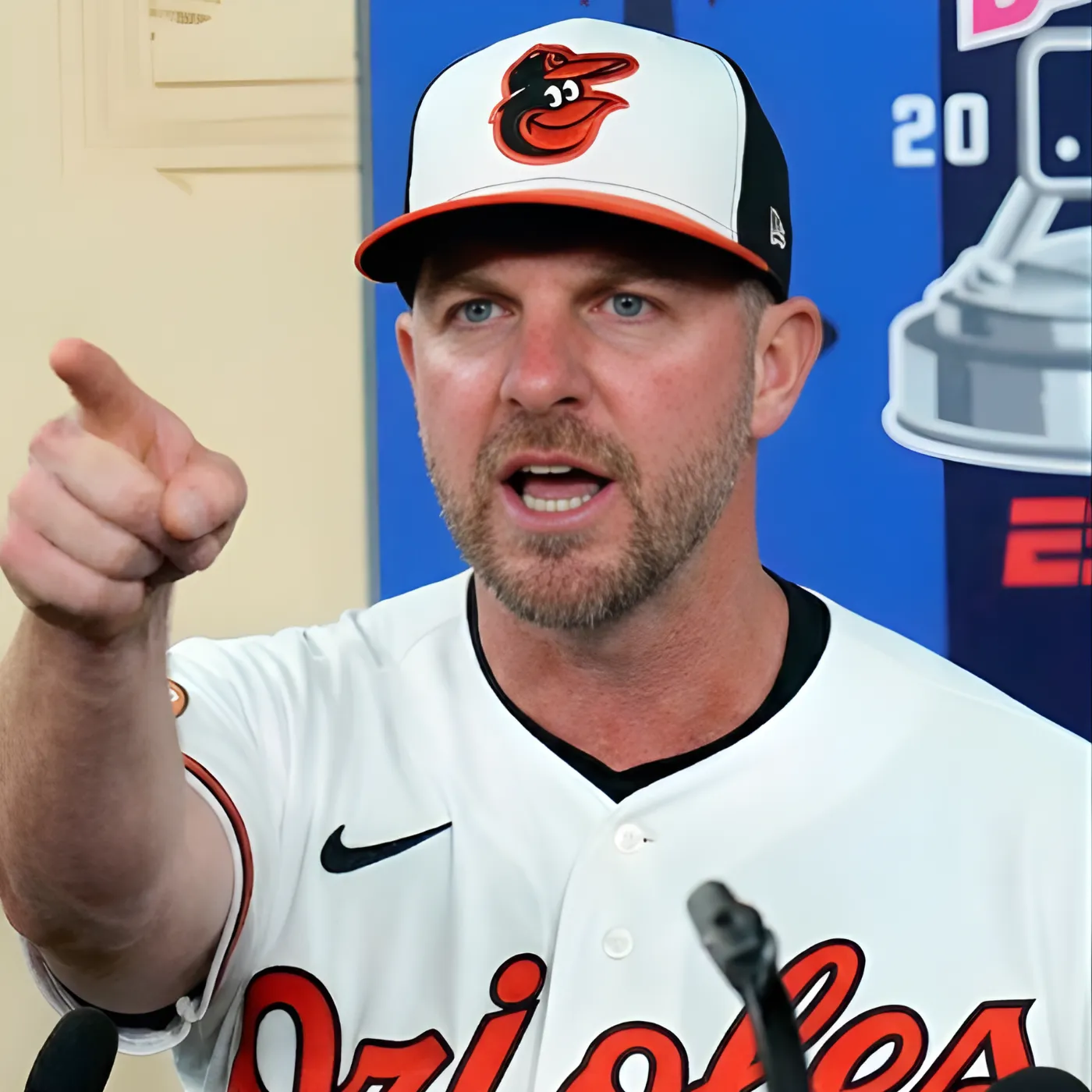

How did Dean Kremer’s alarming opening performance accidentally put the Orioles in a difficult position?
Every baseball season is a story made up of highs, lows, and the unpredictable threads in between. For the Baltimore Orioles, 2024 was supposed to be a year of promise, momentum, and redemption after years of building a young, competitive roster. Yet, in baseball, a single rough outing can rattle both a pitcher’s confidence and an entire clubhouse’s morale.
This truth was on display in dramatic fashion when Dean Kremer, a pitcher once seen as a stabilizing force for the Orioles rotation, delivered a string of rocky starts culminating in what many considered his most alarming opening performance of the year. In an Orioles POSTCAST episode hosted by Luke Slabaugh, this outing was dissected with equal parts frustration and concern, providing fans with both raw emotion and sharp analysis.
But beyond the box score and ERA columns, Kremer’s struggles underscore a deeper, systemic question: how much does one starting pitcher’s poor performance destabilize a team that is already searching for balance? In this long-form analysis, we’ll explore Kremer’s shaky start, its unintended consequences for the Orioles, and the broader implications for their 2024 campaign.
Setting the Scene: Orioles vs. Giants, A Night to Forget
The Baltimore Orioles’ 15–8 loss to the San Francisco Giants wasn’t just another tick in the loss column. It marked the team’s fifth straight defeat and their eighth in nine games — a nosedive in form that rattled fans and players alike.
From the first pitch, Kremer looked unsettled. Within three innings, he had surrendered seven runs, putting the Orioles in a hole they were never truly able to climb out of. Despite some offensive sparks — most notably from Ryan Mountcastle, who drove in four runs — the team’s defensive lapses and bullpen collapse turned the game into a rout.
On the podcast, Slabaugh opened with an exasperated “Oh boy”, a phrase that captured the collective sigh of Orioles Nation. It wasn’t just the loss, but the way the loss unfolded: preventable errors, wasted offensive production, and a starting pitcher whose command deserted him.
Dean Kremer’s Struggles: A Tale of Two Halves
From Steady Contributor to Liability
Before these recent meltdowns, Kremer had shown promise. He was coming off a stretch of 14 consecutive scoreless innings, demonstrating poise, control, and an ability to pitch deep into games. That version of Kremer gave fans hope he was maturing into a reliable mid-rotation arm.

But baseball is unforgiving. In two consecutive starts, Kremer allowed 14 runs (13 earned) across eight innings, a collapse that sent his ERA skyrocketing and undid weeks of progress.
The Technical Issues
Analysts pointed to several causes for his struggles:
-
Lack of command early in counts: Kremer fell behind hitters, forcing him into predictable fastball situations.
-
Soft contact finding holes: Even when batters didn’t square him up, balls seemed to find gaps in the defense.
-
Mental hesitation: Instead of attacking hitters aggressively, Kremer appeared tentative, nibbling at the corners rather than challenging with conviction.
The podcast highlighted this hesitancy, emphasizing the need for Kremer to “stay aggressive even when things go south.”
The Ripple Effect: How One Bad Start Impacts the Team
The Psychological Toll
Baseball is as mental as it is physical. When a starting pitcher implodes early, it not only deflates the dugout but also forces position players to press harder at the plate. The Orioles’ hitters, despite rallying twice to cut deficits, couldn’t overcome the mounting pressure.
Slabaugh noted that the Orioles looked like a team waiting for disaster rather than dictating the flow of the game. That mindset can snowball, especially in a losing streak.
Straining the Bullpen
When a starter exits early, relievers are forced into longer outings. This was evident as Baltimore’s bullpen, already overworked, surrendered additional runs. By the seventh inning, defensive errors compounded the collapse, making the bullpen look ineffective even when they executed reasonably well.
Eroding Fan Confidence
Fan perception matters, particularly in a market like Baltimore, where patience has been tested over years of rebuilding. Social media buzz after the game reflected disappointment not just in Kremer, but in the Orioles’ ability to “capitalize on offensive sparks.” Podcasts like Locked On Orioles amplify this sentiment, connecting fans through shared frustration.
The Silver Lining: Ryan Mountcastle’s Lone Bright Spot
Lost in the lopsided score was Ryan Mountcastle’s standout performance. His four RBIs showcased resilience, proving the Orioles’ offense has firepower capable of mounting comebacks.
However, as Slabaugh noted, Mountcastle’s heroics were “overshadowed by Kremer’s implosion.” This imbalance — where individual brilliance cannot mask team-wide flaws — is emblematic of Baltimore’s current struggles.
The takeaway? The Orioles don’t lack offensive weapons; they lack consistency on the mound and in the field.
Defensive Breakdowns: The Seventh-Inning Disaster
If Kremer’s start was the spark, the seventh inning was the gasoline poured on the fire. Three defensive errors extended the inning, gifting the Giants four unearned runs.
Errors are part of baseball, but their timing was brutal. The Orioles had narrowed the deficit to a manageable margin, only to see hope evaporate with sloppy defense. As the podcast suggested, “Kremer’s bad night became a team-wide collapse.”
This underscores an important truth: poor defense magnifies pitching struggles. For a team already reeling, these miscues added to the narrative of a squad unraveling at the seams.
Broader Context: A Season at a Crossroads
A Fifth Straight Loss
This game wasn’t an isolated misstep — it was part of a five-game losing streak, during which the Orioles dropped eight of their last nine contests. Momentum, once a hallmark of their early season, had evaporated.
Team Identity Crisis
Are the Orioles a young, resilient contender or a fragile group unable to withstand adversity? Kremer’s outing exposed this identity crisis. A good team bounces back from a bad start; a struggling one lets it snowball into systemic collapse.
Managerial Challenges
For manager Brandon Hyde, these losses raise difficult questions:
-
Should Kremer remain in the rotation, or is a temporary bullpen move warranted?
-
How can the defensive fundamentals be tightened?
-
What adjustments can prevent the bullpen from being overexposed?
Hyde’s answers may determine whether the Orioles claw back into playoff contention or fade before summer’s midpoint.
Fan and Media Reaction: The Role of Podcasts in Shaping the Narrative
In modern sports culture, podcasts like Locked On Orioles serve as both a sounding board and a megaphone for fan sentiment. Unlike traditional postgame shows, these podcasts mix analysis with raw emotion, bridging the gap between the clubhouse and the fanbase.
Slabaugh’s “Oh boy” opening encapsulated what thousands of fans felt: exasperation, disappointment, and creeping concern. By amplifying these emotions, podcasts reinforce accountability. Players and coaches may not listen directly, but they’re aware of the narratives forming around their performances.
In many ways, Kremer’s bad start became more than a statistical blip — it became a symbol of the Orioles’ fragility, magnified by digital discourse.
The Road Ahead: Can Kremer and the Orioles Recover?

Dean Kremer’s Personal Challenge
For Kremer, the path forward is clear:
-
Re-establish command early in counts.
-
Trust his stuff and attack hitters aggressively.
-
Lean on the mental resilience that got him to the majors.
Whether he succeeds will dictate his long-term role. Is he a mid-rotation mainstay or a back-end option susceptible to volatility?
The Orioles’ Organizational Response
The Orioles must decide whether to:
-
Stick with Kremer and hope for a bounce-back.
-
Explore rotation alternatives, including giving prospects opportunities.
-
Bolster bullpen depth to mitigate short starts.
The Bigger Picture
Even amid these struggles, it’s worth remembering that baseball seasons are marathons, not sprints. One bad start — even two or three — does not define a pitcher’s career. But in the crucible of a playoff chase, each outing feels magnified.
Conclusion: A Wake-Up Call More Than a Death Sentence
Dean Kremer’s alarming opening performance wasn’t just about seven runs in three innings. It was about the ripple effects: a bullpen stretched thin, defensive lapses exposed, and a fanbase reminded of the Orioles’ fragility.
Through the lens of the Orioles POSTCAST, we see how a single start can feel symbolic of larger cracks within a team’s structure. Yet, baseball history is filled with pitchers and teams who rebounded from rocky stretches.
For Baltimore, the question isn’t whether Kremer’s start was bad — it undeniably was. The question is whether they let that outing define their season, or whether they use it as fuel for recalibration and growth.
The Orioles’ 2024 destiny may hinge less on the memory of this loss and more on how quickly they move past it.
Related News


















